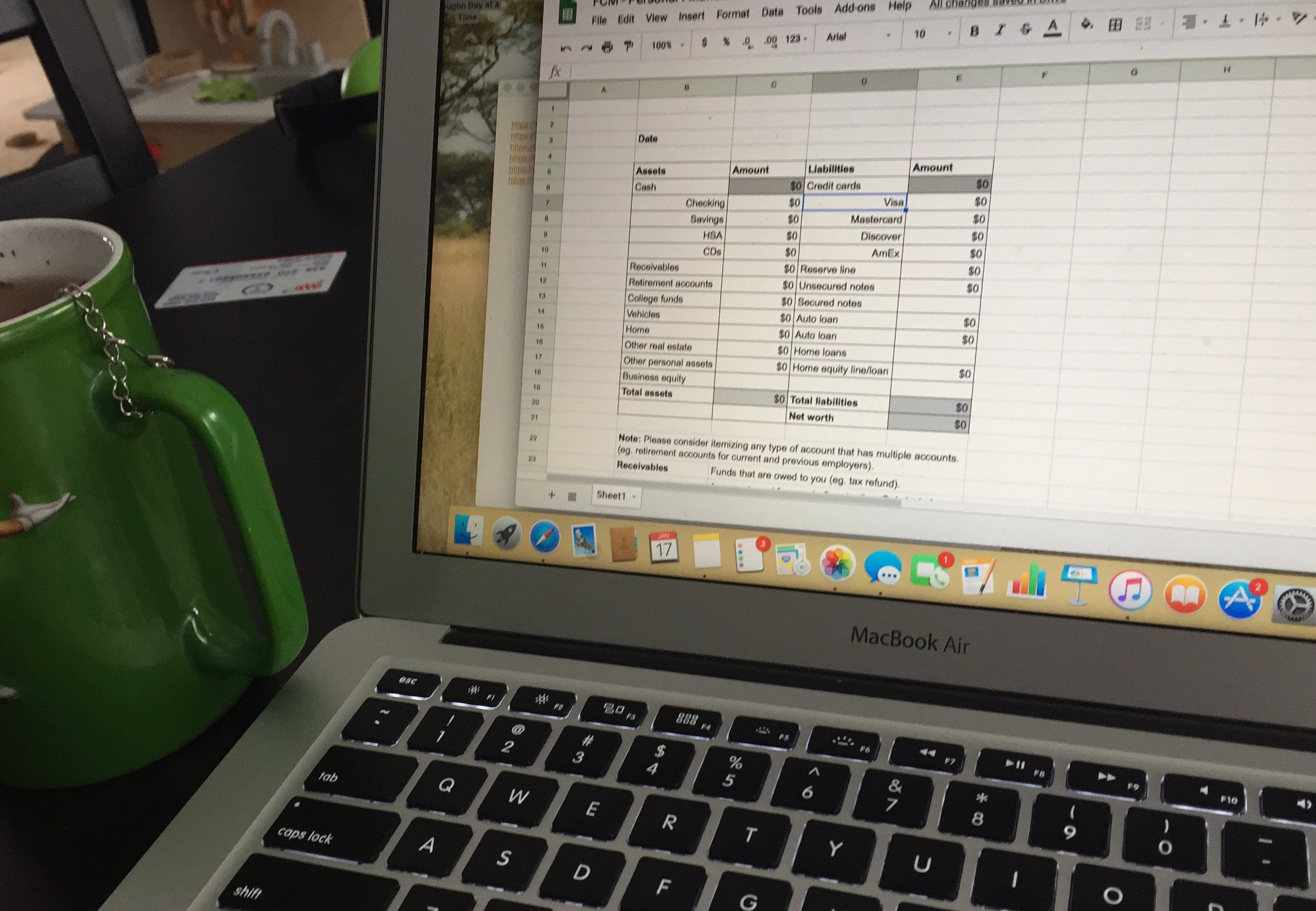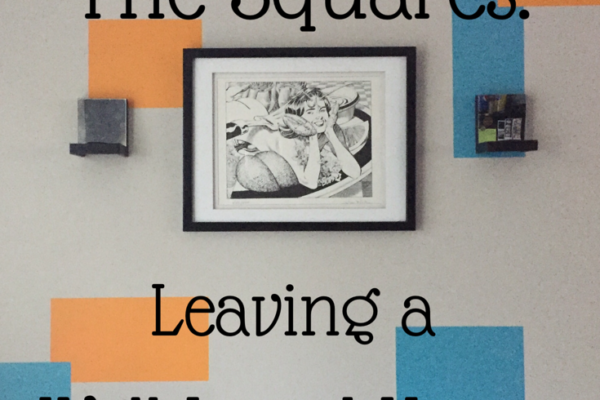Hi, I’m Melissa, and I hope you’ll forgive me for deviating from my usual crunchy, crafty content, but I wanted to bring up something that I think is super important and that may be of benefit to my readers — refinancing.
I know, super boring.
But financial well-being is really important to me and banking is something that I have some experience in, so I thought I’d bring it up.

One of the things that I’ve come to realize since leaving banking is that those who aren’t number people are really confused by loans, interest rates, and the financing aspect of homeownership.
I get it! It’s confusing!
But here are four reasons you should consider contacting your banker about making the move to a lower interest rate.
Why refinance?
Refinancing to historically low rates has been the trend since, well, the beginning of the recession 10+ years ago when rates began to dip below 5%. And given we’re currently in the same trend with 30 year rates in the low 3%, now is the time to refinance. Here’s why:
-
It can save you hundreds on your monthly payment.
Whether you’re years into home ownership or fairly new to your place, refinancing can lower your payment. Your current rate was determined by a combination of factors including the economy, your credit, and the amount of equity you have. If your rate can be reduced by 1% (or even less), you could save hundreds a month.
2. If you have the equity, you can wrap in other debts, as well, further reducing your monthly debt load.
If you have at least 20% equity in your home, you may be able to include other debts into your refinanced amount, reducing your total monthly debt load.
This is not something I would normally recommend, as in my previous career, I saw many people tie their debts to real estate only to take out more debt with other collateral as quickly as they could (ie, buy a car, boat, etc. with newly freed up funds).
However, if you’re committed to paying off debt quickly, this is a great way to go. If you take that extra payment that’s now gone and reallocate it to your mortgage, you can pay off your home even faster.
3. If you play your cards right, reamortizing out to 30 years can actually help you pay off your mortgage faster.
This is the same principle as above, where you apply more to principal, hence paying off your mortgage more quickly. If you only pay the minimum amount, however, this will not ring true.
4. Pulling your payment out to a longer term can also buy you more flexibility if you ever hit hard times.
Let’s say that you’ve been in your home for 10 years and your current payment is $900/mo. If you choose to refinance your current balance, your payment could drop to $500/mo. (theoretically). You can continue to pay $900/mo. to keep on a shorter amortization, but if you were ever to fall on hard times, you could reduce your monthly payment without penalty at any time.
This, of course, is self-inflicted, not bank controlled. If you’re not able to make your payment, the bank will foreclose, but it’ll be easier on your rainy day fund if hard times hit.
FAQ
I just bought my house, can I refinance?
Yes! (Maybe.) This is really going to be situational depending on your equity position. Give a call to your banker and see what they say. Actually, call two, especially if you think your home has increased in value.
What about all the fees? Is it really worth it?
Again, this is really situational. Fees can add up quickly in a refinance, but in all likelihood, you’ll recoup them over the first few years. So, if you’re planning on being in your house for the long haul, it’s probably worth it.
What are all the fees?
Title work, credit report, underwriting, appraisal, mortgage recording, etc. Many of these can go under the broad category of origination, but all are necessary to ensure that the bank is making a sound decision in making you the loan and that they’re protected if you default.
How do I know if it’s right for me?
Have you ever heard of an amortization schedule? Basically, an amortization schedule breaks down your loan into monthly increments and shows you how much of your payment is allocated to principal and interest.
If you create an amortization schedule for your current loan and one for your prospective loan, then compare your remaining term on your current loan with the full term of the prospective loan, you should have your answer. (Don’t forget to include my fees that may be financed, as well!)
My best guidance is that if your interest payments on the new loan will be significantly less than on your current amortization, go for it.
Clear as mud?
Okay, if I lost you somewhere along the way, especially on that last part, I get it. The important part is that the gears are grinding, so go ask your banker for help to determine if refinancing is right for you.
Our personal refinance
We are currently going through refinance and we bought our house less than a year ago. Our rate will go from 4.75% to 3.5%. We’ll be including two debts into our loan, increasing our mortgage payment by approximately $20/mo., but one of these debts is on solar panels, so not only will we eliminate the related debt associated with their installation, but also maintain the perk of reduced energy bills.
While part of our savings will re-enroll in our monthly cash flow, part will also go toward our payment, allowing us to pay off our house in about 20 years.
I’m sharing this with you, because I think it’s important that people see what may seem like a small percentage can do to help in the long run. Our monthly savings will total approximately ⅔ of our grocery bill. As a family of four on one income, it’s significant, and I hope you’ll explore what it could do for you.
Have you ever refinanced? What was your experience? Please share in the comments below!
— Melissa, Funky Crunchy Mama










2 thoughts on “4 Ways Refinancing Can Work for You!”